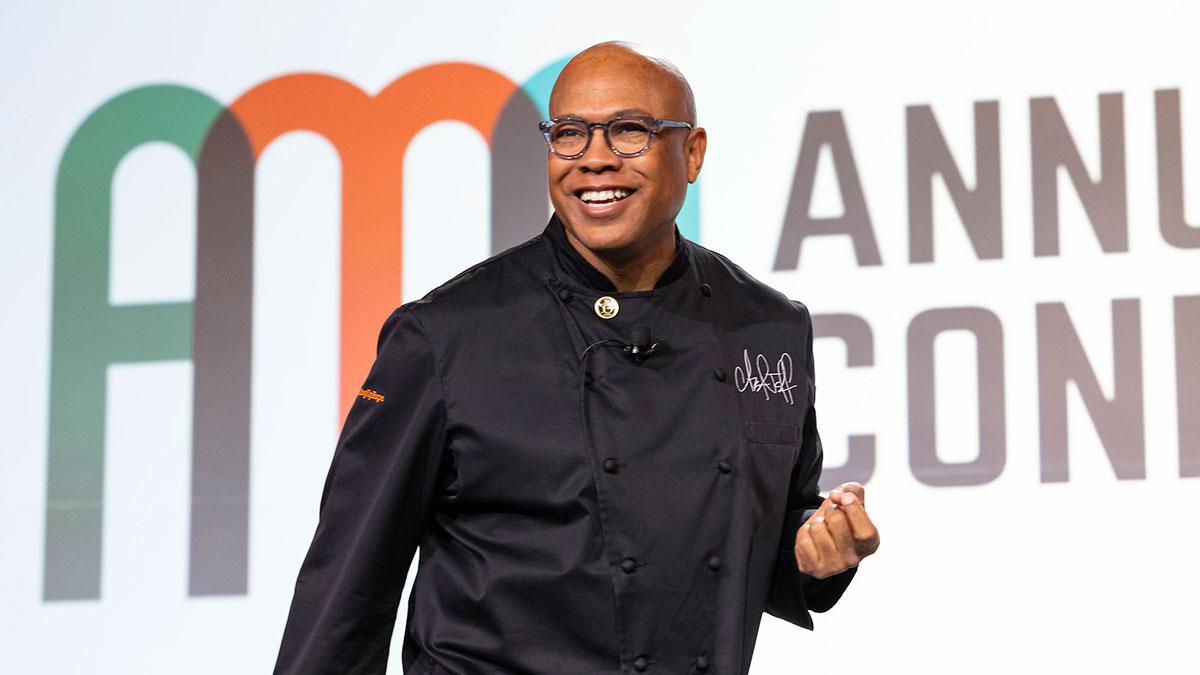By Doug Baker, Vice President, Private Brands, Technology, Industry Relations, Food Marketing Institute

There are few things in life that span different generations. My kids have never heard of an 8-track tape and my grandkids someday won’t know what a VCR is. That’s the world we live in these days, but it turns out private brands are an exception and have become quite public by raising their profiles with consumers across age segments. More than a third of consumers surveyed in a new report say they have noticed a growing variety of private brand products. These brands influence some 46 percent of consumers in their choice of where they shop.
The report, called From the Consumer: Understanding the Private Brand Consumer, is the latest installment in FMI’s annual The Power of Private Brands series, driven by FMI’s Private Brand Leadership Council.
This year’s Consumer findings, based on research from Information Resources Inc., underscore how much private brands are drawing the attention and dollars of shoppers in multiple generations. The passion is led by Millennials, for whom about 19 percent of dollar purchases are in private brand items.
Millennials may be the share leaders, but Gen X spends the most dollars on private brands, and is responsible for 31 percent of spending on these products across all retail outlets.
These points were further addressed in a recent FMI webinar, in which I was joined as a presenter by Mark McKeown, vice president of Client Insights at IRI, and Cindy Hogan, director, own brands, at Meijer.
Mark emphasized that retailers are using their private brands for differentiation, and noted this strategy leads to greater consumer loyalty, more trips and better same store sales growth.
Cindy said the growth of private brands and the building of consumer awareness are critical.
The report points out that private brands are becoming more like full-fledged brands as they grow in sales and sophistication. Positioning is especially important for lifestyle brands, because consumers need to have a clear understanding of these brand propositions, and how they differ from value and mainstream brands. Lifestyle brands typically focus on segments including organic and premium.
Cindy noted that lifestyle brands achieve a measure of personalization by focusing on specific shopper needs. She added, “We need to stay partnered with our vendors to better understand what consumers want.”
The Consumer report is the second of four annual installments in The Power of Private Brands series. The first, From the Register, was published earlier this year.
Two more reports in this series will be released in the coming months. They are:
- From the Industry: Perspectives on industry attitudes and performance based on trading partner feedback.
- From the World: A view of the forces shaping global retailing and private brands.


 Industry Topics address your specific area of expertise with resources, reports, events and more.
Industry Topics address your specific area of expertise with resources, reports, events and more.
 Our Research covers consumer behavior and retail operation benchmarks so you can make informed business decisions.
Our Research covers consumer behavior and retail operation benchmarks so you can make informed business decisions.
 Events and Education including online and in-person help you advance your food retail career.
Events and Education including online and in-person help you advance your food retail career.
 Food Safety training, resources and guidance that help you create a company food safety culture.
Food Safety training, resources and guidance that help you create a company food safety culture.
 Government Affairs work — federal and state — on the latest food industry policy, regulatory and legislative issues.
Government Affairs work — federal and state — on the latest food industry policy, regulatory and legislative issues.
 Get Involved. From industry awards to newsletters and committees, these resources help you take advantage of your membership.
Get Involved. From industry awards to newsletters and committees, these resources help you take advantage of your membership.
 Best practices, guidance documents, infographics, signage and more for the food industry on the COVID-19 pandemic.
Best practices, guidance documents, infographics, signage and more for the food industry on the COVID-19 pandemic.
